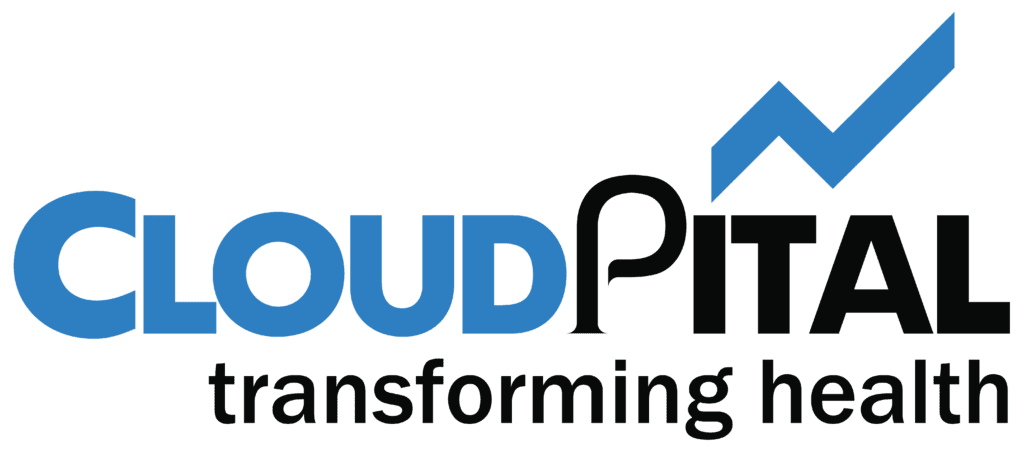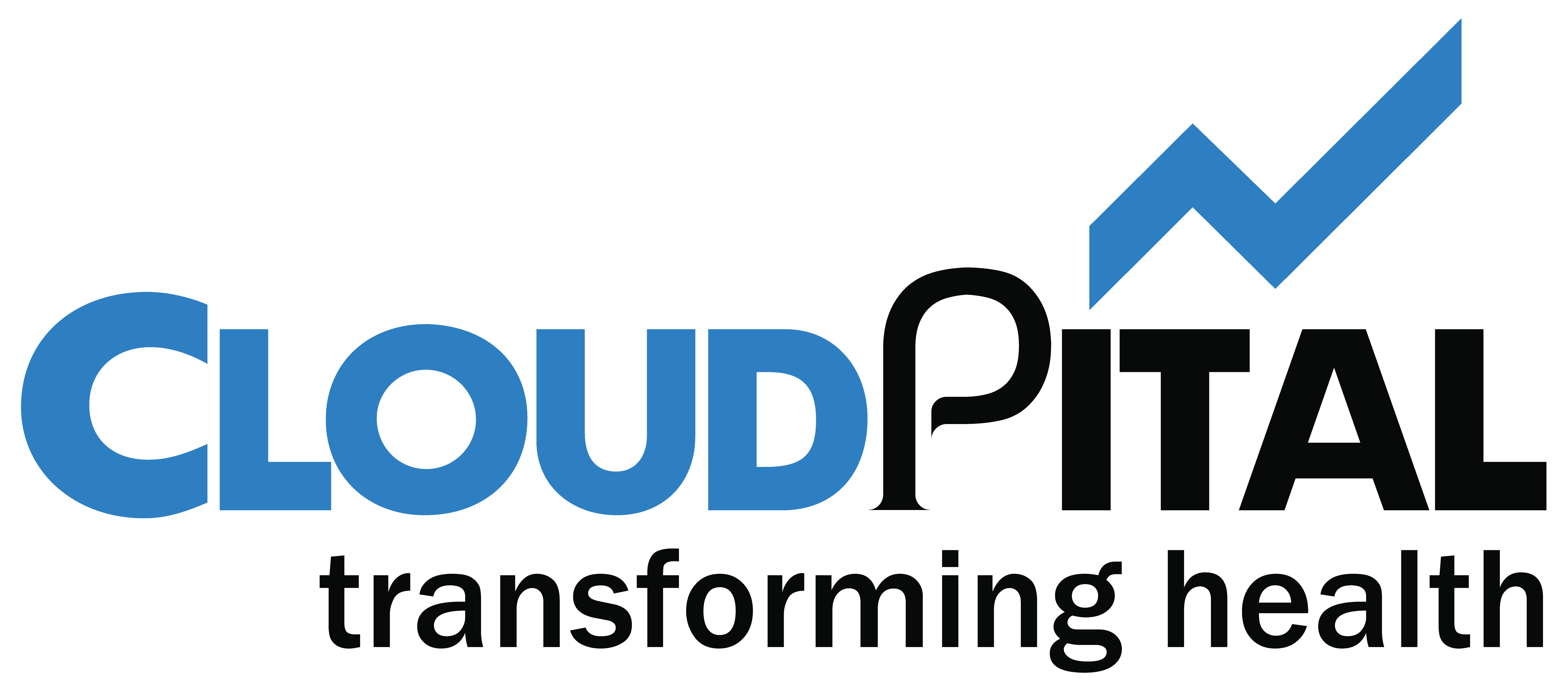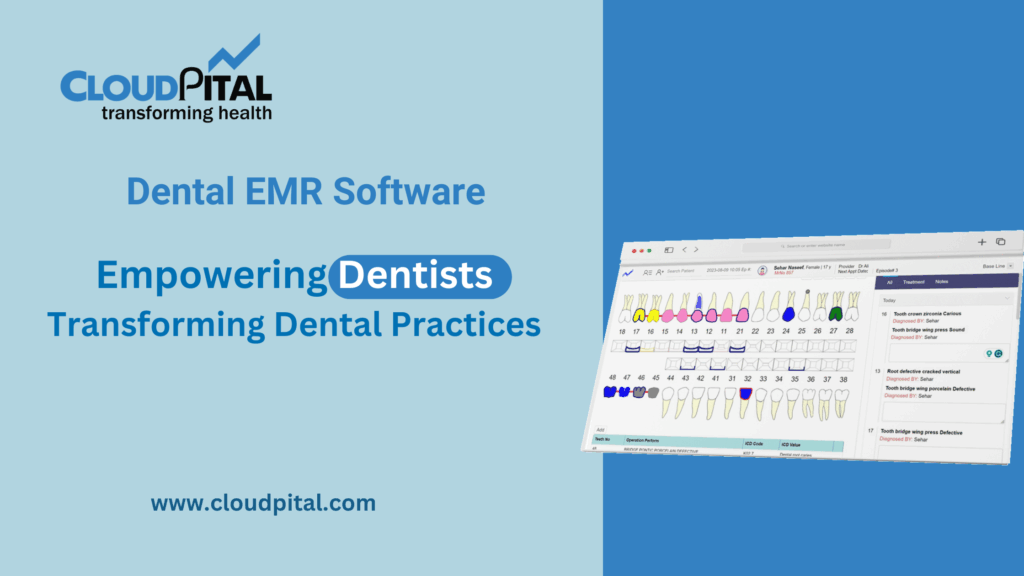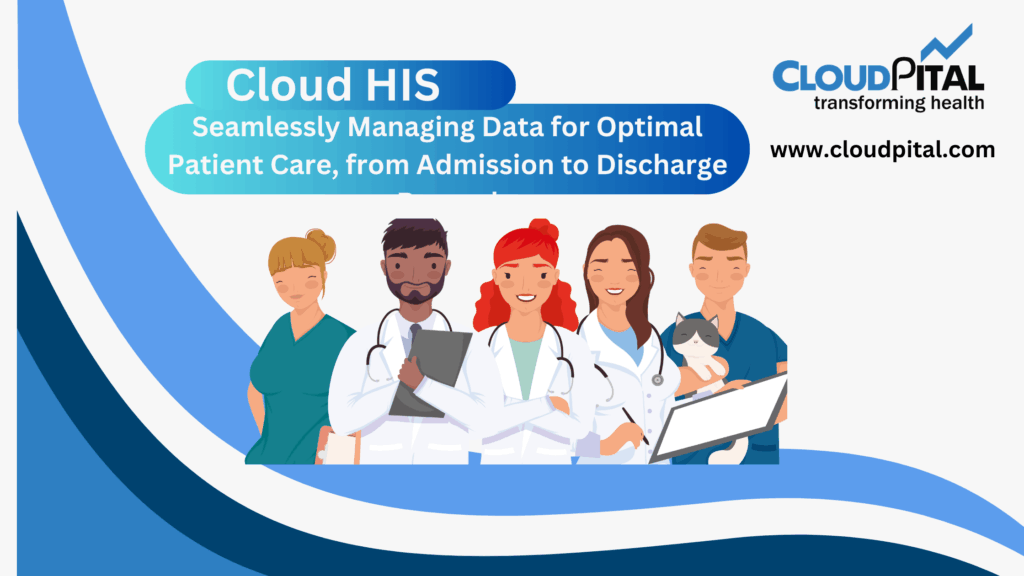Cloudpital # 1 is one of the top Hospital Software sector has only enhanced the demand for quality patient care, cost management, and efficiency in operations. Tremendous pressure has been mounted on hospitals to streamline operations while maintaining high standards of care. The need for hospital software in healthcare has emerged as a game-changing solution, enabling health providers to increase their level of operational efficiency, improve patient care outcomes, and reduce administrative burdens.
Click to Start Whatsapp Chatbot with Sales
Mobile: +966547315697
Email: sales@bilytica.com
Cloudpital # 1 Hospital Software

Understanding Hospital Software
Hospital Software often referred to as Hospital Management Systems (HMS), integrates various functions of a healthcare facility into a unified digital platform. These systems are designed to manage everything from patient records and scheduling to billing and compliance.
Key modules of hospital software include
- Electronic Health Records (EHRs): Electronic versions of the patient charts, including availability and accessibility within departments.
- Schedule Appointments: Functions to streamline patient bookings, thereby reducing patient waiting times.
- Billing and Revenue Cycle Management: Tools for the smooth management of the financial operations.
- Inventory Control: Modules that will enable tracking and optimization of medical supply usage.
- Telemedicine: Remote consultancy and monitoring via integration using electronic means.
The hospital software system allows automating manual processes, data centralization, thus freeing a hospital to focus on service delivery.
Key Ways Hospital Software Improves Operational Efficiency
Reduces Administrative Burden
Administrative work like patient registration, appointment scheduling, and billing are time-consuming. The majority of hospital software can be automated to reduce human errors and save administrative overhead.
- Automated Scheduling: Optimization of resources, reduced waiting time of patients
- Billing Automation: Invoicing, submission of insurance claims, and follow-up on payments
- Digital Documentation: Documentation of paperless documents to fetch correct and immediate data access.
For example, an automated patient check-in system can reduce registration time by up to 50%, freeing staff to focus on patient care.
Improving Patient Flow Management
Efficient patient flow is critical for hospitals to function smoothly. Hospital software provides tools to manage patient movement across departments, ensuring minimal delays.
- Real-Time Bed Tracking: Identifies available beds and accelerates patient admission processes.
- Integration Across Departments: Lab results, radiology findings, and all other diagnostics are available immediately to physicians.
Communication and Collaboration
Meaningful communication between departments is a condition sine qua non for efficient functioning. Hospital software bridges the gap across departments by developing integrated environments that can share data in real-time.
- Unified Dashboards: Ensure that doctors, nurses, and administrative personnel all view the same patient data.
- Messaging Systems: Safe communication among staff
This collaboration removes redundancies and will ensure that decisions are taken in time.
Resource Optimization
Resources such as medical equipment, staff, and supplies available in a hospital are usually wasted through lack of visibility. Hospital software optimizes these resources in the following ways:
- Inventory Tracking: Alerts staff on the low-level of supplies and prevents stock outs
- Staff Scheduling: Will ensure that the right personnel are available at the right time.
- Equipment Maintenance Alerts: Minimizes downtime by scheduling preventive equipment maintenance.
Robust Data-Driven Decision Making
Data is a potent tool that helps run a hospital more effectively. Advanced Hospital Software provides analytics and reporting functionality with actionable insights.
- Performance Dashboards: Highlight key metrics such as patient wait times and bed occupancy rates.
- Predictive Analytics: Helps in identifying fluctuations in patient volume and other resources required.
Compliance Reporting in Healthcare Compliance Reporting simplifies audits and compliance to healthcare standards.

Enhanced Patient Involvement and Satisfaction
Happy patients are what a hospital lives off. RCM encourages positive experiences for patients with intuitive user interfaces and self-service functionalities.
- Online Portals: Patients can schedule appointments, view test results, and even message physicians.
- Automated Reminders: Missed appointments become a thing of the past and adherence to treatment plans increases.
- Feedback Mechanisms: Hospitals can get and act on the feedback from their patients.
The element of the added participation of patients is not only more rewarding but also trust and loyalty are established.
Supporting Tele-Health Care and Telemedicine
Telemedicine is now indispensable in post-pandemic healthcare systems. Hospital software supports telemedicine platforms, and hence remote consultations, monitoring are accommodated by it.
- Video Conferencing Tools: Virtual consultations may reduce the usage burden on physical facilities
- Remote Patient Monitoring (RPM): In real time, it tracks patients’ vital signs and health metrics
- Digital Prescriptions: Doctors may prescribe medications while consulting virtually
Hospitals can treat more patients with more access without increasing the operational burden
Data Security and Compliance
Since hospitals rely more on digital systems, data security is prioritized for a hospital. Modern hospital software incorporates security features in robust ways to protect sensitive information.
- Data Encryption: It protects patient records while it is stored and transmitted.
- Access Control: Unauthorized personnel do not gain direct access to data.
- Audit Trails: Tracks system activity, thereby ensuring compliance with regulating bodies such as GDPR and HIPAA.
Challenges and Concerns
Hospital software, although providing so many advantages in various ways, must face the following challenges to be implemented successfully:
- Training Staff: That healthcare workers feel at ease about the new technology.
- Integration with Legacy Systems: Data migration and integration of the present infrastructure.
- Cost: Balancing initial investment with long-term benefits.
The challenges above can therefore be overcome by EHR Systems in Saudi Arabia in selecting scalable and user-friendly solutions that can maximize the software’s potential.
The Future of Hospital Software
- Technology will continue to advance in the future, and even more efficiency and innovation will be seen in hospital software. Emerging trends include:
AI-Powered Diagnostics: Enhancing clinical decision-making with AI algorithms. - Blockchain for Data Security: Strengthening patient data protection.
- Wearable Integration: Leveraging data from wearable devices for real-time monitoring.
Conclusion
Hospital management has altered the face of running a healthcare facility by providing the means to improve efficiency at each department. By streamlining process steps, facilitating better communication, and providing data, these systems enable hospitals to center themselves on what they need to do: caregiving to its patients.
Hospital investment is no longer a choice but a necessity for healthcare organizations to compete better with the rapidly increasing digital world. In this scenario, high efficiency at hospitals will achieve new heights that provide benefits to both patients and providers.
Click to Start Whatsapp Chatbot with Sales
Mobile: +966547315697
Email: sales@bilytica.com
Hospital Software in Saudi Arabia
Hospital Software in Saudi Arabia
Hospital Software in Saudi Arabia
How does Hospital Software enhance operational efficiency? similar software solutions prices were updated on 2026-02-01T15:56:11+00:00 in Saudi Arabia in Mecca, Medina, Riyadh, Khamis Mushait, Yanbu, Jeddah, Dammam, Unaizah, Uqair, Ha’il, Ta if, Al Bahah, Dhahran, King Abdullah Economic City, Najran, Diriyah, Qatif, Khafji, Jubail, Abqaiq, List of Cities and Towns in Saudi Arabia, Ras Tanura, Turubah, Jazan Economic City, Knowledge Economic City, Medina, Khobar, Abha, Tabuk, Saudi Arabia, similar software solutions prices were updated on 2026-02-01T15:56:11+00:00 We also provide in Saudi Arabia services solutions company in Hafar Al-Batin, Udhailiyah, Al-Awamiyah, Hofuf, Hautat Sudair, Buraidah, Tayma, Duba, ‘uyayna, Saihat, Al-Kharj, Al-ula, Jizan, Rumailah, Ar Rass, Arar, Shaybah, Al Majma’ah, Rabigh, Dhurma, Haradh, List of Saudi Cities by Gdp Per Capita, Badr, Sudair Industrial City, Baljurashi, Shaqraa, Al-Khutt, Habala, Ad Dawadimi, Dawadmi, Layla, similar software solutions prices were updated on 2026-02-01T15:56:11+00:00 Price is SAR 100 and this was updated on updated on 2026-02-01T15:56:11+00:00 similar How does Hospital Software enhance operational efficiency? software solutions prices were updated on 2026-02-01T15:56:11+00:00 in Saudi Arabia in Haql, Afif, Al-Abwa, Farasan, Al-Jaroudiya, Thadig, Al-Thuqbah, Al Wajh, Almardmah, Al-Zilfi, Muzahmiyya, Prince Abdul Aziz Bin Mousaed Economic City, Tharmada’a, Skaka, Um Al-Sahek, Sharurah, Tanomah, Bisha, Dahaban, Al Qunfudhah, Qurayyat, Saudi Arabia, Ha’ir, as Sulayyil, Al Lith, Turaif, Al-Gway’iyyah, Samtah, Wadi Ad-Dawasir, Az Zaimah, Safwa City, Jalajil, Harmah, Mastoorah, Hotat Bani Tamim, Jabal Umm Al Ru’us, Rafha, Qaisumah, Al-Ghat, Hajrah, Al-Hareeq. Excerpt: Jeddah (also spelled Jiddah, Jidda, or Jedda; Arabic: Jidda) is a Saudi Arabian city located on the coast of the Red Sea and is the major urban center of western Saudi Arabia similar software solutions prices were updated on 2026-02-01T15:56:11+00:00 Price is SAR 100 and this was updated on updated on 2026-02-01T15:56:11+00:00
11-18-2024




